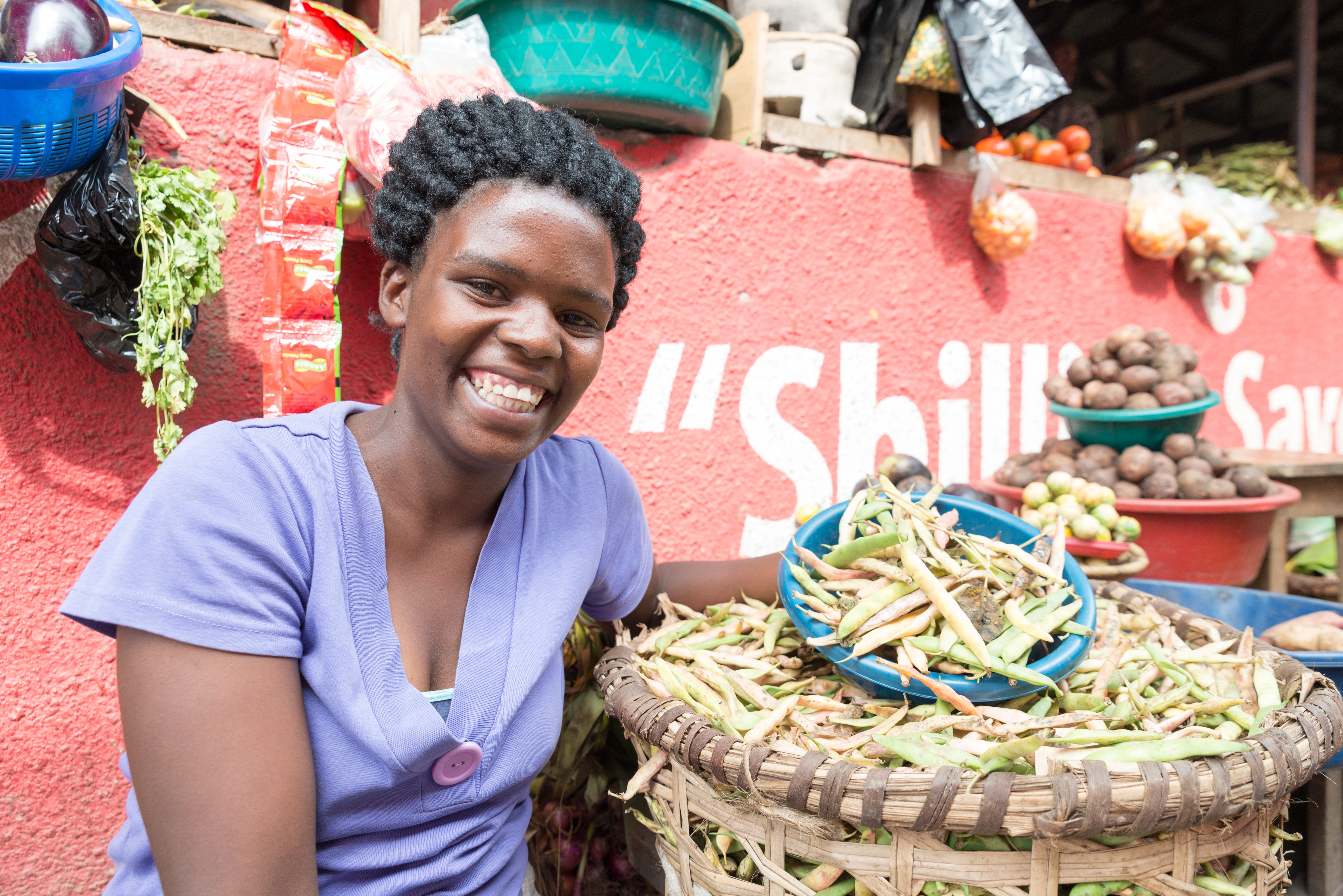Cooperatives Leadership Engagement Advocacy and Research (CLEAR):
Impactful Research for a Better World
Scott Bellows, United States International University-Africa
Kristin Wilcox Feldman, Global Communities
Since 1990, Kenya has received over $38 billion in net official development assistance and in that same time period, the country’s gross domestic product grew 934%. Wealth in the country also became 5% more evenly distributed throughout. Kenya’s over 22,000 cooperatives helped contribute to more evenly distributed economic growth through their alternative business approach which fosters sustainable, equitable growth through democratic management and wealth generation and fairness in business enterprises.
There is no doubt that huge strides in development have occurred but history has shown that an unfortunate external shock could compromise decades of positive growth and sustainable human development that ripples through the entire economy. External stresses on communities and countries serve as powerful destabilizing moderating effects often testing resiliency, increasing vulnerability, and compromising their future wellbeing.

In 2019, we partnered to develop a 5-year study that looks at the impact that cooperatives have on bolstering community and household resiliency in the face of crises. We asked “Can Kenyan cooperatives quicken the time it takes communities to overcome external shocks?” Shocks can include the Covid-19 pandemic, locust invasions, droughts, floods, and insecurity.
The amazing thing is — cooperative members believe they can. The unique nature of cooperatives results in members trusting each other more than they trust their communities. Our research has shown that a staggering 76% of cooperative members indicate that they trust their fellow members — a figure that stands dramatically higher than other forms of business. By comparison, less than 50% of cooperative members indicate that they feel they can trust people in their broader communities.
Our study has also shown that this trust built by cooperative membership actually improves member self-efficacy, or their personal determination that they can succeed rather than give up and fail, in the face of expected adversity. A solid 84% of members stated explicitly that they expect that their fellow members would reach out and help them when needed. The high percentage shows that members not only trust their co-members, but also intend to rely on them for resiliency support. Trust in their cooperatives is also reflected as members rely heavily, 54%, on their cooperatives as a safe store of value through cooperative shares and equity for their wealth. Members rely on their cooperatives for their wealth even more than they do for banks, microfinance institutions, stocks, bonds, government securities, and real estate. Their only comparable store of wealth is the popular mobile money service, Mpesa, from the leading Kenyan telecommunications provider.
Our research will continue to compare this unique pre-pandemic survey data with new data as it emerges and continually monitor throughout and after the Covid-19 stress. We want to understand how cooperative members are able to actualize their trust and expectations to rely on each other as expected. These are unprecedented times and no one knows how resounding the impacts will be. Overtime we hope that the cooperatives will prove their ability to come through and help their members mitigate, adapt, and overcome the commensurate stress.
Global Communities with funding from the United States Agency for International Development (USAID) formed the Cooperatives Leadership Engagement Advocacy and Research (CLEAR) program to specifically bolster the positive effects of cooperatives in Kenya. The CLEAR program partnered with the United States International University-Africa to study the impact that cooperative have on bolstering community and household resiliency in the face of crises.

 Email
Email